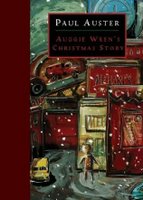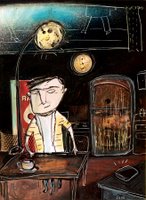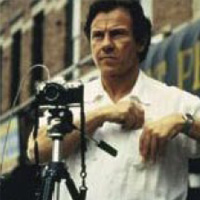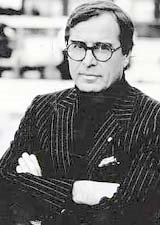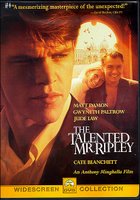
I'm constantly acquiring new books, and find there's always a pressure to read the newest, the latest ... particularly as I review. And since I also belong to a book club at least one book a month is decided for me!
Consequently, books that don't get read immediately tend to be get buried on my "to-be-read" shelf, a.k.a. "the shelf of good intentions". I was happy for the TBR Challenge to prod me into
making a covenant with at least 12 of these books to read 'em before the year is up.
Sadly, I've only just finished my second-TBR of 2007. It's
Pascali's Island by Barry Unsworth which has been patiently waiting its turn since I bought it via Amazon, prompted by catching
the excellent film (starring Ben Kinsley, Helen Mirren, Charles Dance) for a second time on ASTRO.
The novel is set on a small Greek island in 1908. The Ottoman Empire is about to fall, but in this remote outpost a government informer pens his last report to the Sultan. Basil Pascali, an outsider of mixed-race, has loyally reported on the activities of the people of his community for twenty years, each month receiving a tiny stipend, but never a single response. As a writer he begins to take liberties with his reports, taking enormous pride in his ability to depict events with great clarity and flair.

When Englishman Anthony Bowles arrives on the island, he and Pascali become rivals for the affection of Lydia, a Viennese artist who has been living there for some time. Pascali suspects that Bowles may not be honest about his claim to be an archeologist (it takes a practiced confidence-trickster to recognise another of his kind, after all), so what is he doing there?
The atmospheric short novel is superbly plotted, there isn't a scene out of place. Nothing is as it seems and
Pascali's Island keeps you guessing right up to the tragic ending as the characters become enmeshed in layers betrayal and deceit.
Literary fiction honestly doesn't come much better than this and I am actually surprised that the novel didn't win more recognition at the time.
It was shortlisted for the Booker in 1980, but was eclipsed by William Golding's win for
Darkness Visible and Anthony Burgess' masterpiece
Earthly Powers. I've read several other novels by Unsworth which I've greatly enjoyed and admired (
Morality Play,
Rum and Sugar,
Losing Nelson, and
Sacred Hunger, which finally did won Unsworth the Booker) but I like this by far the best. (I still have his latest novel
A Ruby in her Navel to be read.)
Pascali's Island reminded me of several other novels I've greatly enjoyed : E.M. Forster's
Passage to India, L.P. Hartley's
The Go-Between, and the episode about the smugglers in Lermentov's
A Hero of our Time ... all of them written much earlier.
Would I recommend it? Whole-heartedly ... for literary fiction lovers. (And I'm sure I will be rereading it.) Others will still enjoy the film - just watch out for repeats on ASTRO.




